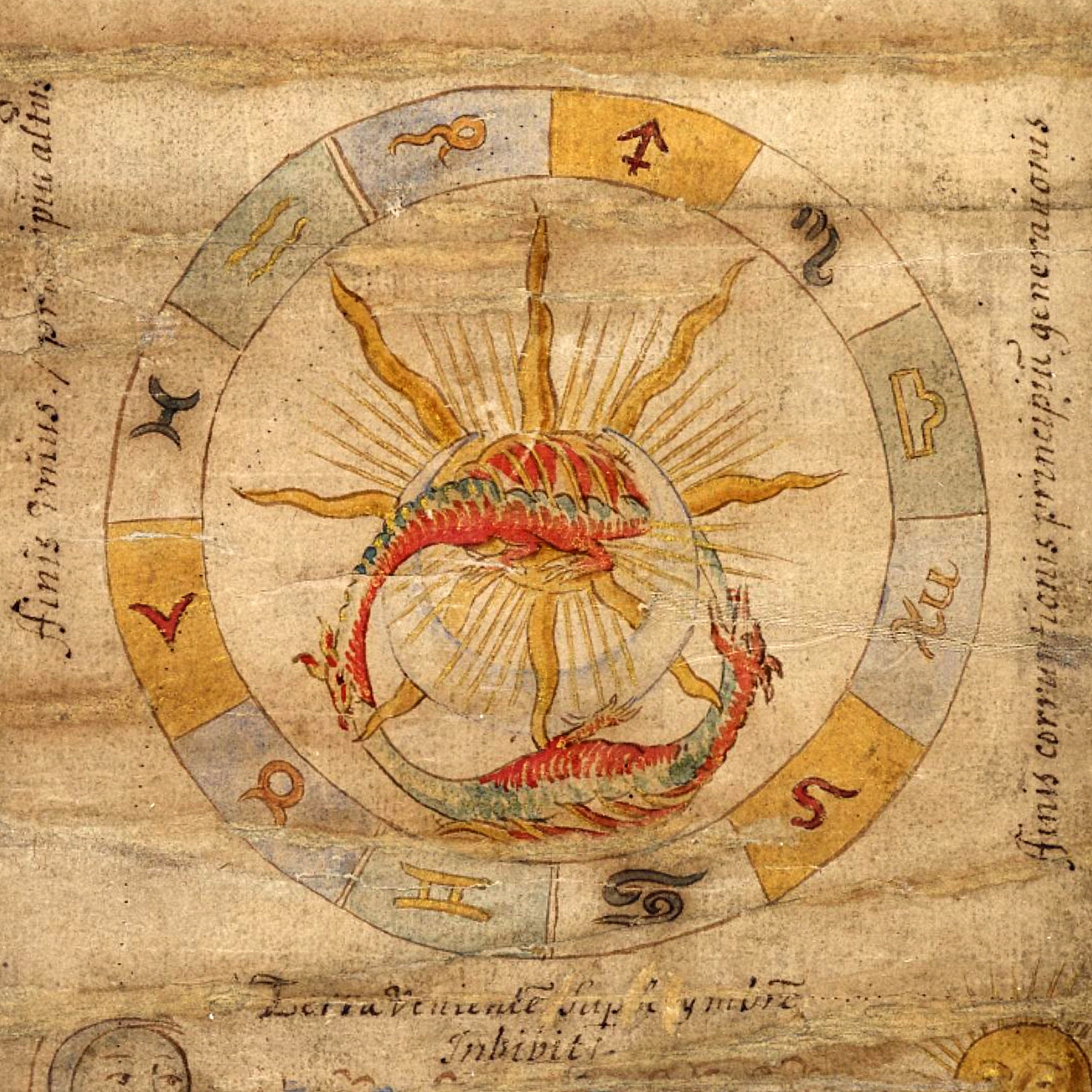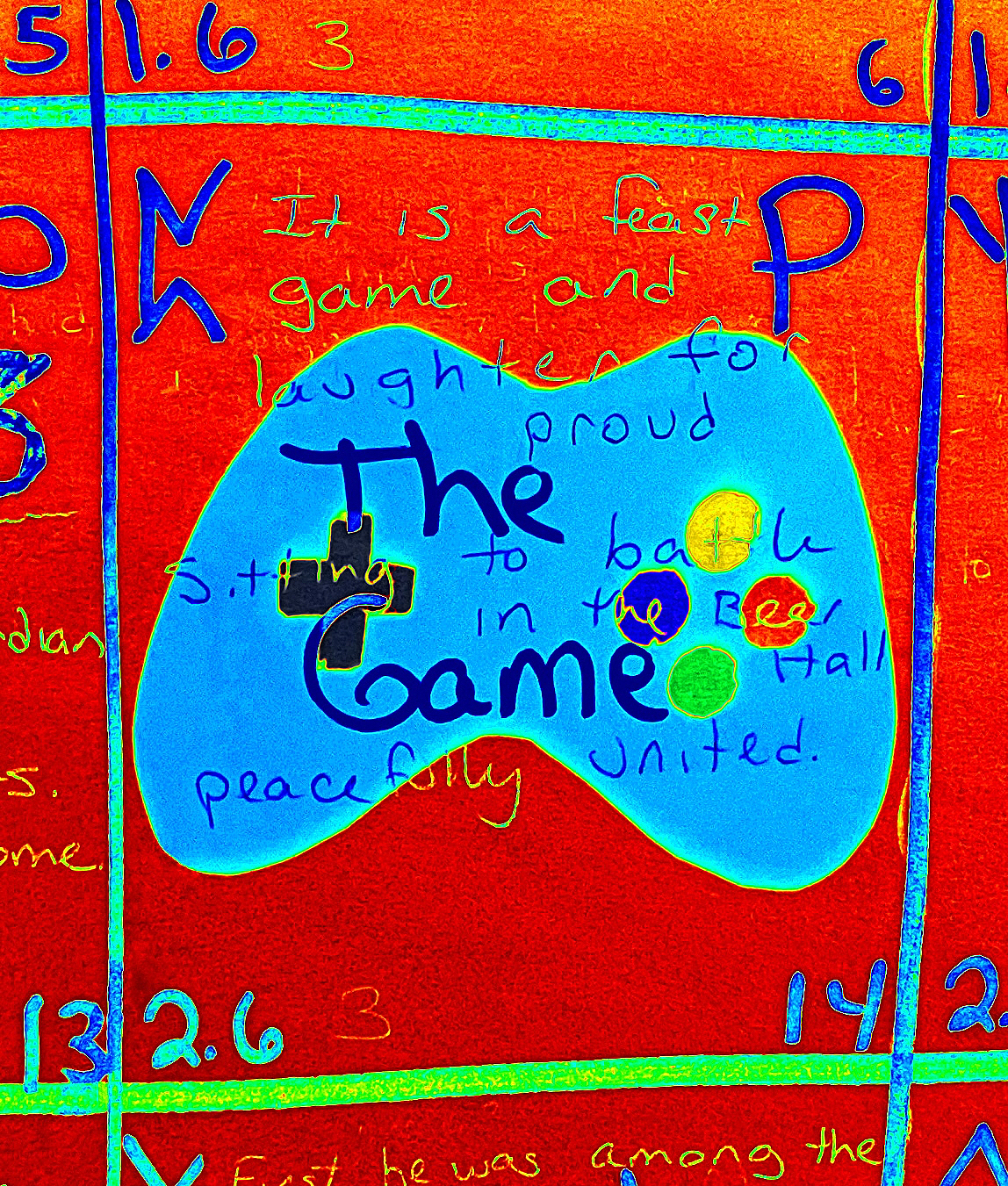
ᛈ byþ symble plega. and hlehter
wlancum ðar wigan sittaþ
on beor sele bliþe æt somne ᛬᛫
It is a feast game and laughter
For proud sitting to battle there
In the beer hall peacefully united.
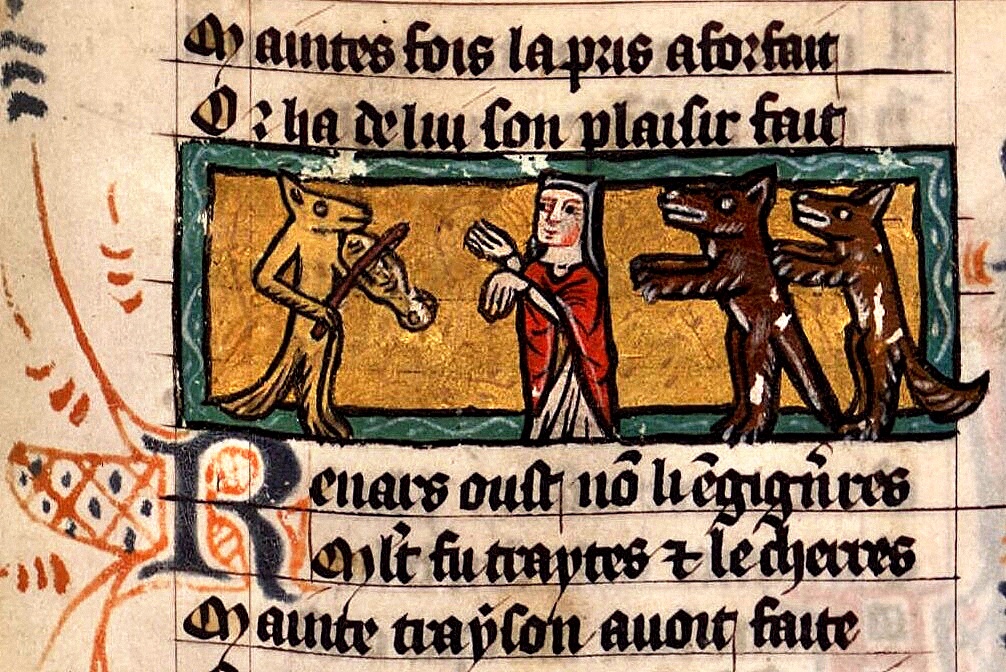
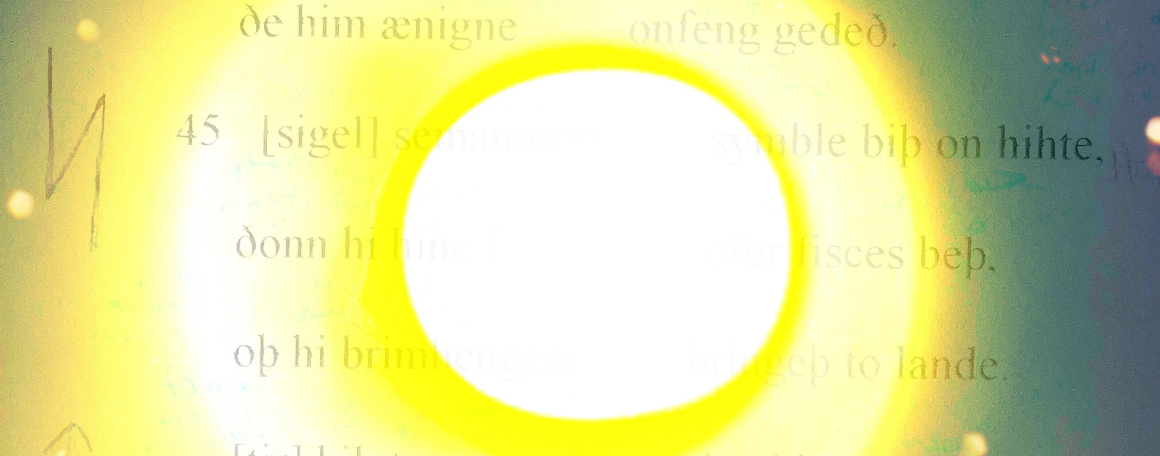 The answer to this riddle is the sun, though when you read it it could be something else related to seafaring. Semannum, more commonly spelled sæmanum, means mariners, plural, people in boats on the sea. Such people this stanza tells us, are always hoping for the answer to this riddle. They expect it too: hihte means joy as well as hope, but in the sense of an expectation of joy with elements of trust and comfort, which might otherwise be lacking in the cold and perilous waters of the North Sea.
The answer to this riddle is the sun, though when you read it it could be something else related to seafaring. Semannum, more commonly spelled sæmanum, means mariners, plural, people in boats on the sea. Such people this stanza tells us, are always hoping for the answer to this riddle. They expect it too: hihte means joy as well as hope, but in the sense of an expectation of joy with elements of trust and comfort, which might otherwise be lacking in the cold and perilous waters of the North Sea.
Much of the time sæmanum is used to mean a general sailor, but it is also a word for invaders by sea and by the ninth and tenth centuries became a word for Viking. In the Old English poem “The Battle of Malden,” about a Viking attack that happened in the year 991, the Vikings were called sæman. But … More
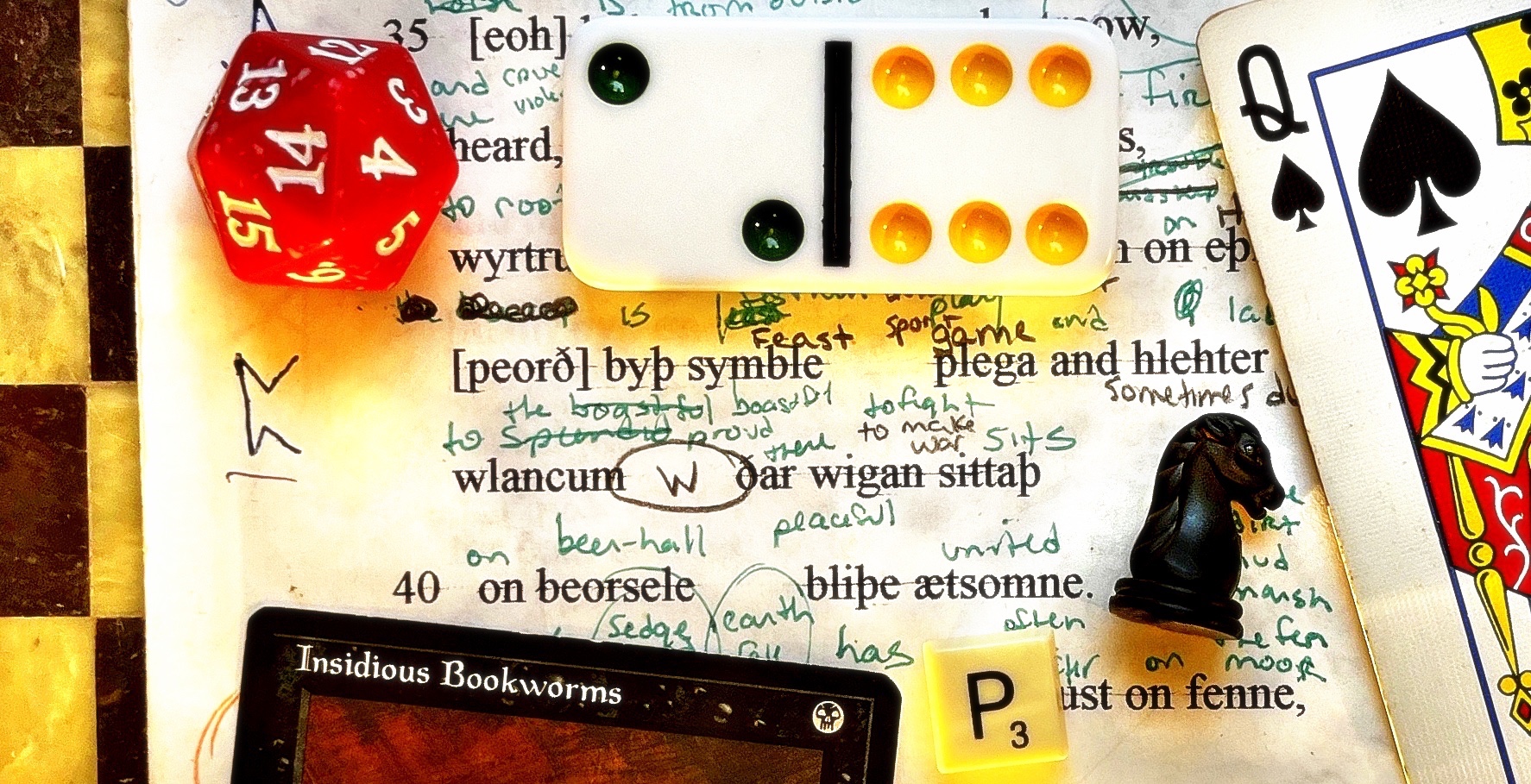 Nobody knows what this is for certain. The only time we ever see the word peorð in Old English is in lists of rune names, so we only know what the Rune Poem riddle says, that it is what it is. We don’t even have all the clues we need to identify it. The Peorð stanza has a hole right in its very center. In the first half of the second line a word most likely starting with W, so it can alliterate with wlancum, is missing. What? Why? Was it at the edge of a crumbling page? Did the vellum dry and split through the word? Did a worm eat it? Did a scribe forget to copy it? The Rune Poem exists in only one copy of a manuscript that tragically burned in a fire, so we don’t know. We know the missing word is not wlancum, the dative plural … More
Nobody knows what this is for certain. The only time we ever see the word peorð in Old English is in lists of rune names, so we only know what the Rune Poem riddle says, that it is what it is. We don’t even have all the clues we need to identify it. The Peorð stanza has a hole right in its very center. In the first half of the second line a word most likely starting with W, so it can alliterate with wlancum, is missing. What? Why? Was it at the edge of a crumbling page? Did the vellum dry and split through the word? Did a worm eat it? Did a scribe forget to copy it? The Rune Poem exists in only one copy of a manuscript that tragically burned in a fire, so we don’t know. We know the missing word is not wlancum, the dative plural … More
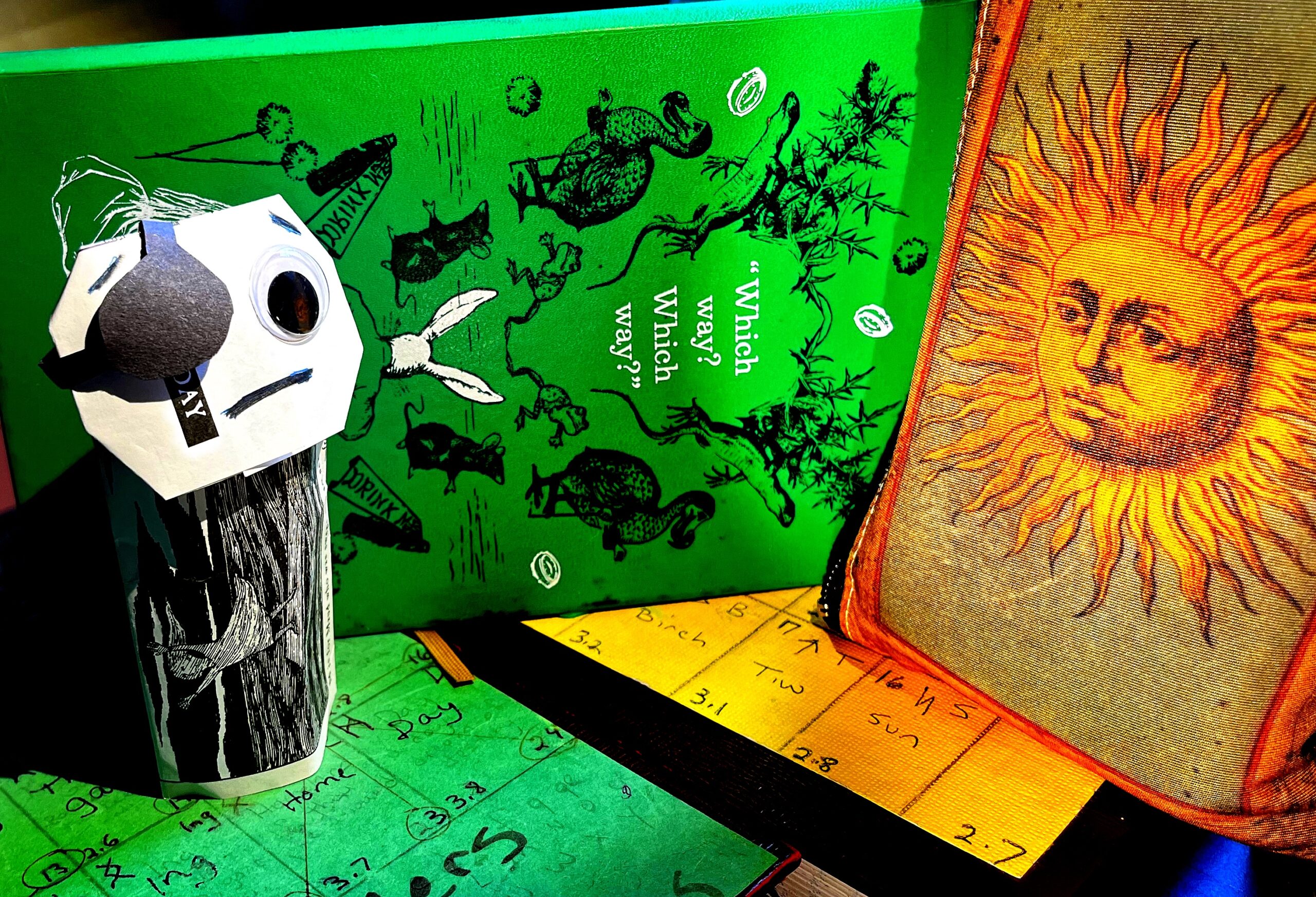 I do not advise navigating by the sun. It’s a mathematical mess with all parts in motion, the sun, the sea, you. Pure chaos. If you must get in a boat, stick to the coastline where you can see landmarks, read the marine life, always the same fish in the usual places, watch the birds.
I do not advise navigating by the sun. It’s a mathematical mess with all parts in motion, the sun, the sea, you. Pure chaos. If you must get in a boat, stick to the coastline where you can see landmarks, read the marine life, always the same fish in the usual places, watch the birds.
If you have to cross the open sea do it at night, when you can travel by nice comfortable starlight. The stars are dependable, they never deceive, but the sun will burn you the first chance it gets. It’s shifty, you can’t trust it, not unless you know it really well. Look at it right now. Don’t look at the sun. Remember where it was yesterday? It’s shifted its position along the horizon. it does it every day all year long, and not uniformly. Its movements vary depending upon your longitude and the time of year. If you … More
 People hear Anglo Saxon and assume it means a genetically white person living in any time period from the end of the Roman occupation of Britain to our own. Some use the term Anglo Saxon as code for exclusive whiteness, very exclusive as in a whites only but only certain whites kind of way, but this was never true of the actual historical people who have been labeled the original Anglo Saxons. There was no such white homogeneity in the medieval world. Nor was there a population who thought of themselves as Anglo Saxon. Dig up the people who lived in Britain during and after the Romans and before the Norman invasion and ask them. They’ll tell you. The bones in the ground speak the truth: there was no population replacement, Romano Celts out and Germanic invaders in. There was no wave of mass immigration from an entirely white culture. This did not happen. … More
People hear Anglo Saxon and assume it means a genetically white person living in any time period from the end of the Roman occupation of Britain to our own. Some use the term Anglo Saxon as code for exclusive whiteness, very exclusive as in a whites only but only certain whites kind of way, but this was never true of the actual historical people who have been labeled the original Anglo Saxons. There was no such white homogeneity in the medieval world. Nor was there a population who thought of themselves as Anglo Saxon. Dig up the people who lived in Britain during and after the Romans and before the Norman invasion and ask them. They’ll tell you. The bones in the ground speak the truth: there was no population replacement, Romano Celts out and Germanic invaders in. There was no wave of mass immigration from an entirely white culture. This did not happen. … More
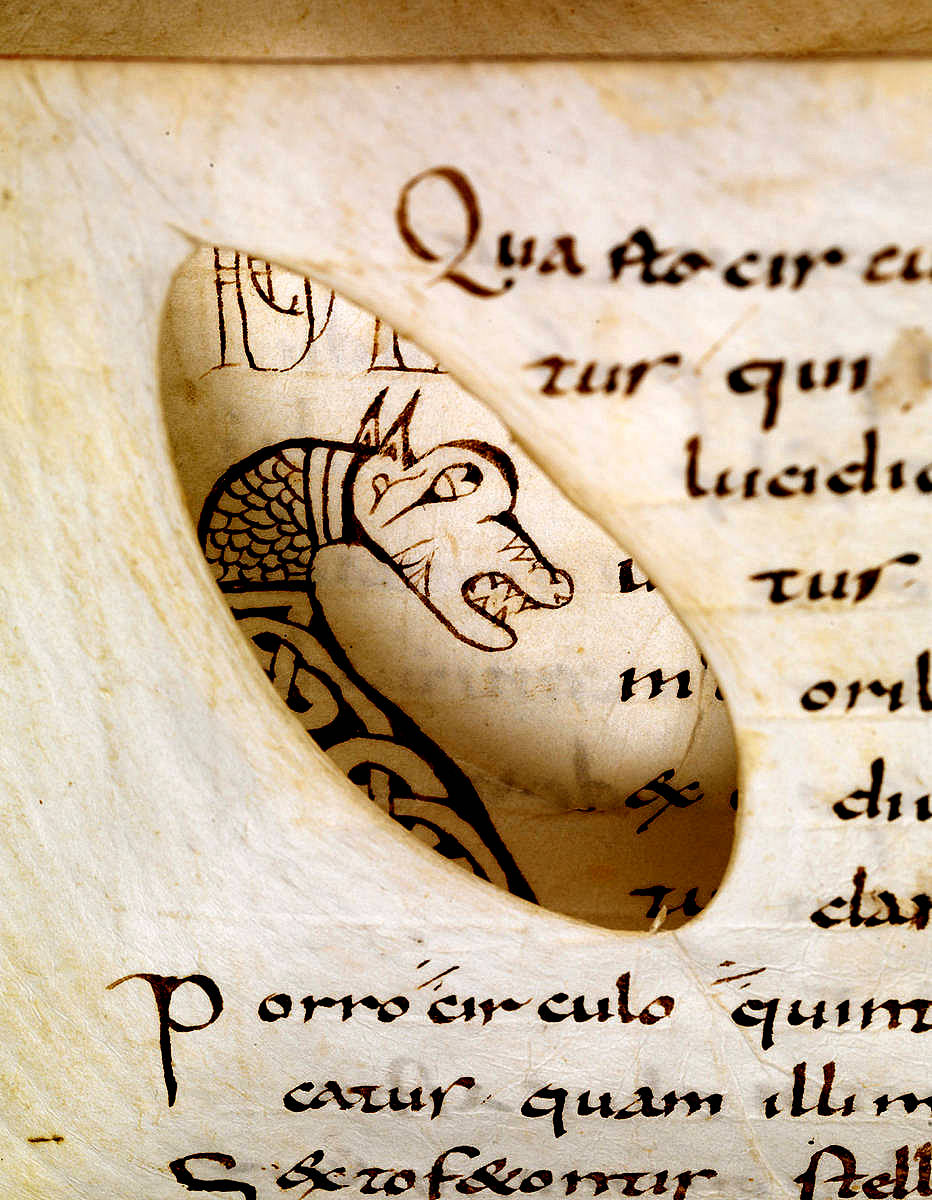 S-g is m-g
S-g is m-g
W-t c-n it be?
N-y k-s
So d-t l-k at me.
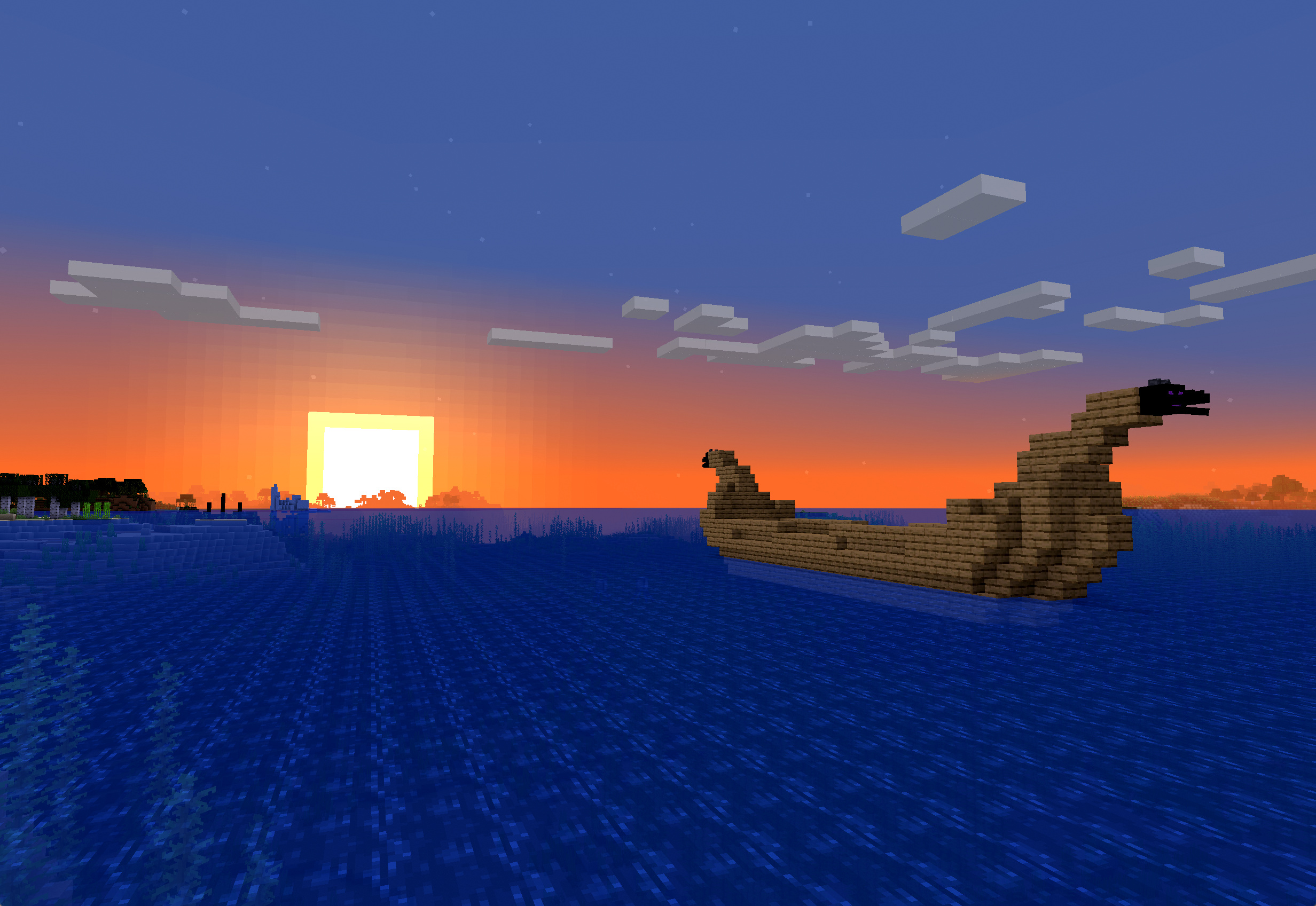 Imagine yourself sitting in a beer hall with the rune carvers, playing a game requiring strategy, skill, luck. You are feeling wlanc, proud, boastful. What are you boasting about? Other times you relied on strategy, skill, and luck. These were a seafaring people, you might be boasting about what you got up to at sea, what you plan to do next when the sun comes back and the weather turns favorable again for sea voyages. This is all you want to do, to get back out there on a boat and really do something to be proud of.
Imagine yourself sitting in a beer hall with the rune carvers, playing a game requiring strategy, skill, luck. You are feeling wlanc, proud, boastful. What are you boasting about? Other times you relied on strategy, skill, and luck. These were a seafaring people, you might be boasting about what you got up to at sea, what you plan to do next when the sun comes back and the weather turns favorable again for sea voyages. This is all you want to do, to get back out there on a boat and really do something to be proud of.
Imagine yourself sitting in a boat, battling big waves sending you in all directions, the sea horse has lost its bridle, the sun is obscured by storm clouds or gone altogether and you must navigate by the stars. You’ve been in the wars, and you want the sun to come back to … More
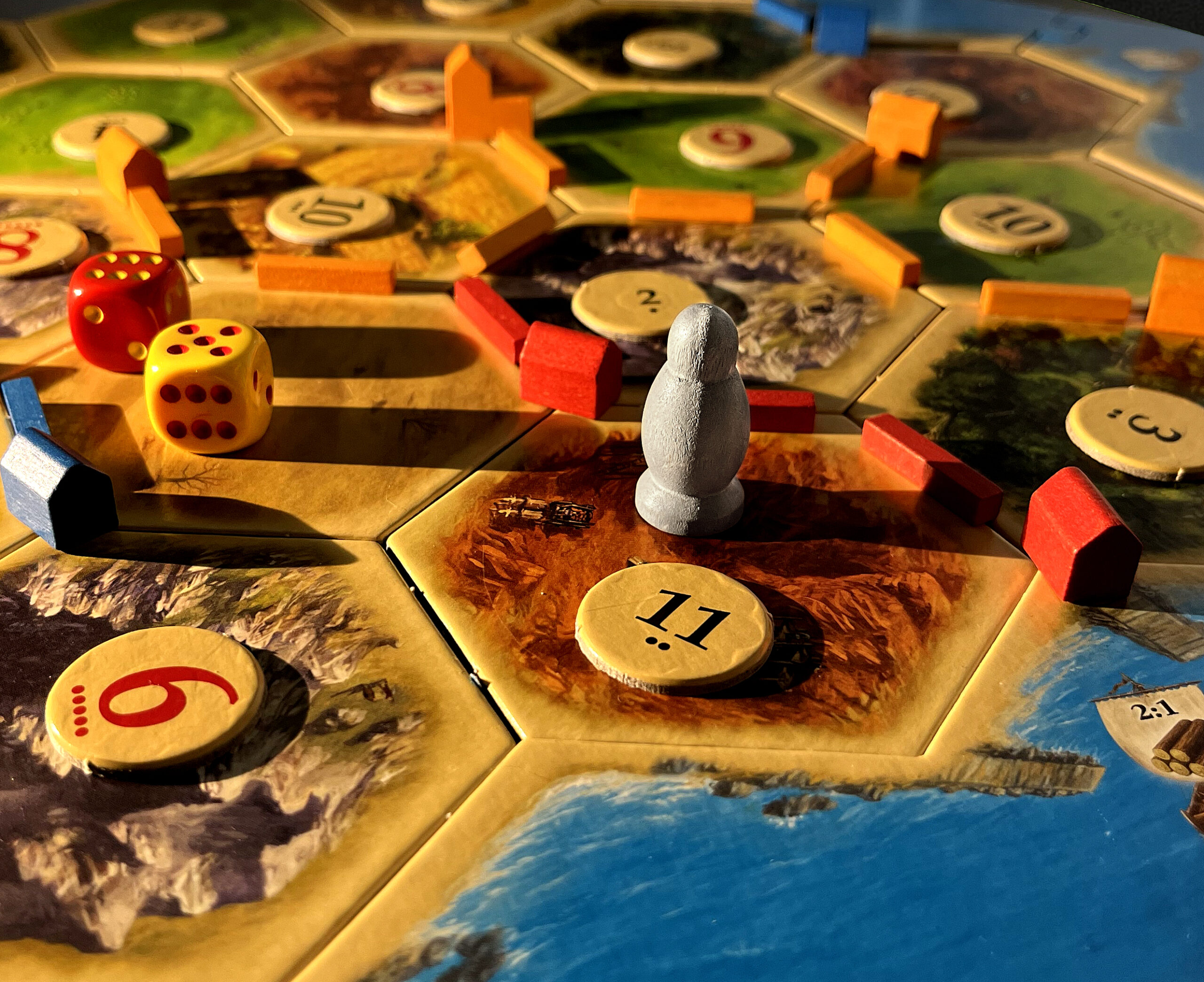 Y: I wanted to play Monopoly.
Y: I wanted to play Monopoly.
X: Monopoly is stupid, there’s no skill in Monopoly.
Y: There is skill.
X: No, it’s just luck. It’s boring and old, it’s what numbers you get on the dice, what cards. And it takes forever.
Z: This takes forever.
Y: This does take forever.
X: You’re making it take forever, it’s your turn. Go already.
Y: I’m thinking.
X: What with?
Y: O so amusing. Ok, who wants to trade me wheat for a brick?
X: How did you get a brick? The robber’s been on your brick this whole time.
Y: I have a brick, ok, who wants it for wheat?
X: Are you cheating? When did you get a brick? I know what cards you have, and you spent all your bricks trying to build the longest road.
Y: So what.
Z: And the largest army.
X: You stole the … More
 Old English poetry was performed, probably sung, for purposes beyond mere entertainment. The Germanic tribes Tacitus visited at the end of the first century would prep for battle by barding, which he called “a peculiar kind of verse” sung to stimulate their courage and to divine the outcome of the coming fight through the quality of the sound itself. Tacitus tells us about these peculiar verses almost immediately in his report back to the empire, so you know it was impressive. It would be. Imagine it: he says the people would put their battle shields to their mouths, perhaps in them, and sing. A shield as a musical instrument. Their favorite sounds were “a harsh piercing note and a broken roar,” which “does not seem so much an articulate song, as the wild chorus of valor.” What were the words? Were they the names of the gods? An appeal for their protection? A … More
Old English poetry was performed, probably sung, for purposes beyond mere entertainment. The Germanic tribes Tacitus visited at the end of the first century would prep for battle by barding, which he called “a peculiar kind of verse” sung to stimulate their courage and to divine the outcome of the coming fight through the quality of the sound itself. Tacitus tells us about these peculiar verses almost immediately in his report back to the empire, so you know it was impressive. It would be. Imagine it: he says the people would put their battle shields to their mouths, perhaps in them, and sing. A shield as a musical instrument. Their favorite sounds were “a harsh piercing note and a broken roar,” which “does not seem so much an articulate song, as the wild chorus of valor.” What were the words? Were they the names of the gods? An appeal for their protection? A … More
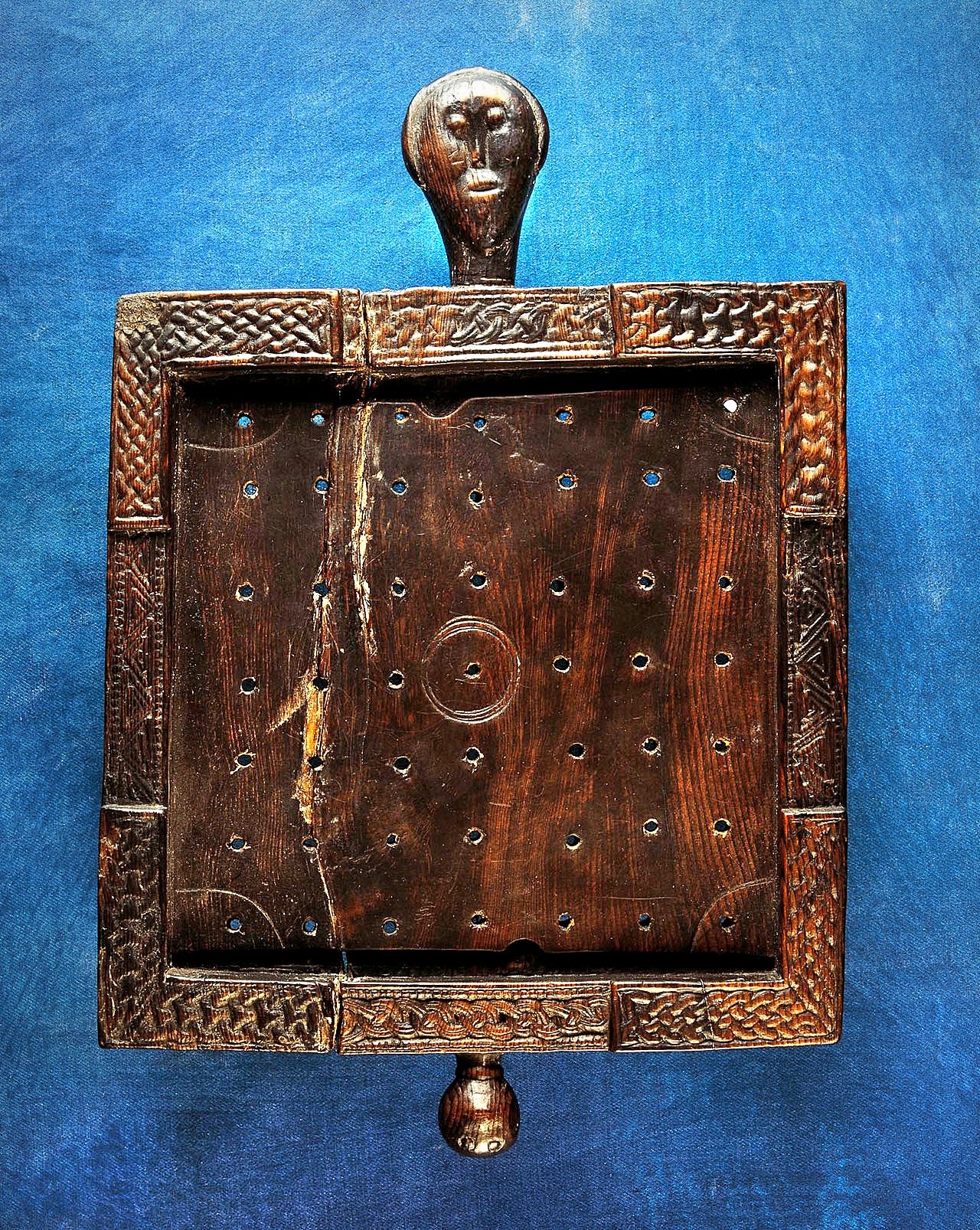 You don’t just play this game. It’s fun, yes, everybody battling peacefully united, but this is more than that and deadly serious. Focus. If you want to win you have to immerse. You live in this game. Make the game is an extension of your body and after you are gone they will find the game board intermingled with your ashes.
You don’t just play this game. It’s fun, yes, everybody battling peacefully united, but this is more than that and deadly serious. Focus. If you want to win you have to immerse. You live in this game. Make the game is an extension of your body and after you are gone they will find the game board intermingled with your ashes.
Decide which of you is going to be the eorl with the þegns and who wants to be the attacking sæmanum coming from the four corners to take el jefe in the middle, but don’t let that happen. That’s not going to happen. Not on your watch. The boss holds it all together and you will fight with everything you have to defend him. Ok. You’ve chosen. You’ve got the center ground.
There’s more attackers than you, You’ve got somebody important and powerful right in your very center, but they’ve got strength in … More
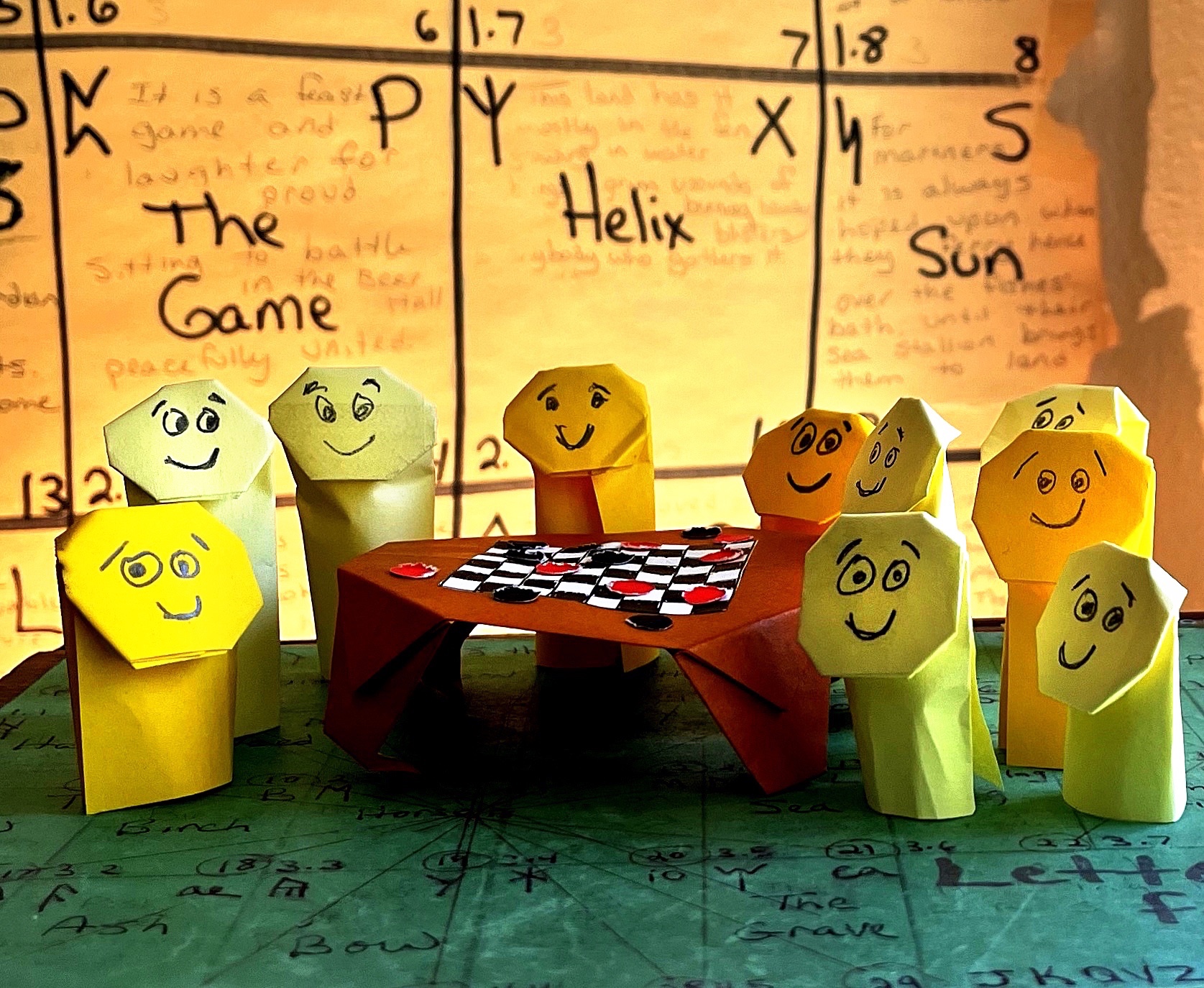 Something’s missing. It’s missing and what it is exactly is unclear. What is clear is that you will soon have time for fun and recreation so lean into it. Gather together with friends, peacefully united, and play. Play hard, this is a battle.
Something’s missing. It’s missing and what it is exactly is unclear. What is clear is that you will soon have time for fun and recreation so lean into it. Gather together with friends, peacefully united, and play. Play hard, this is a battle.
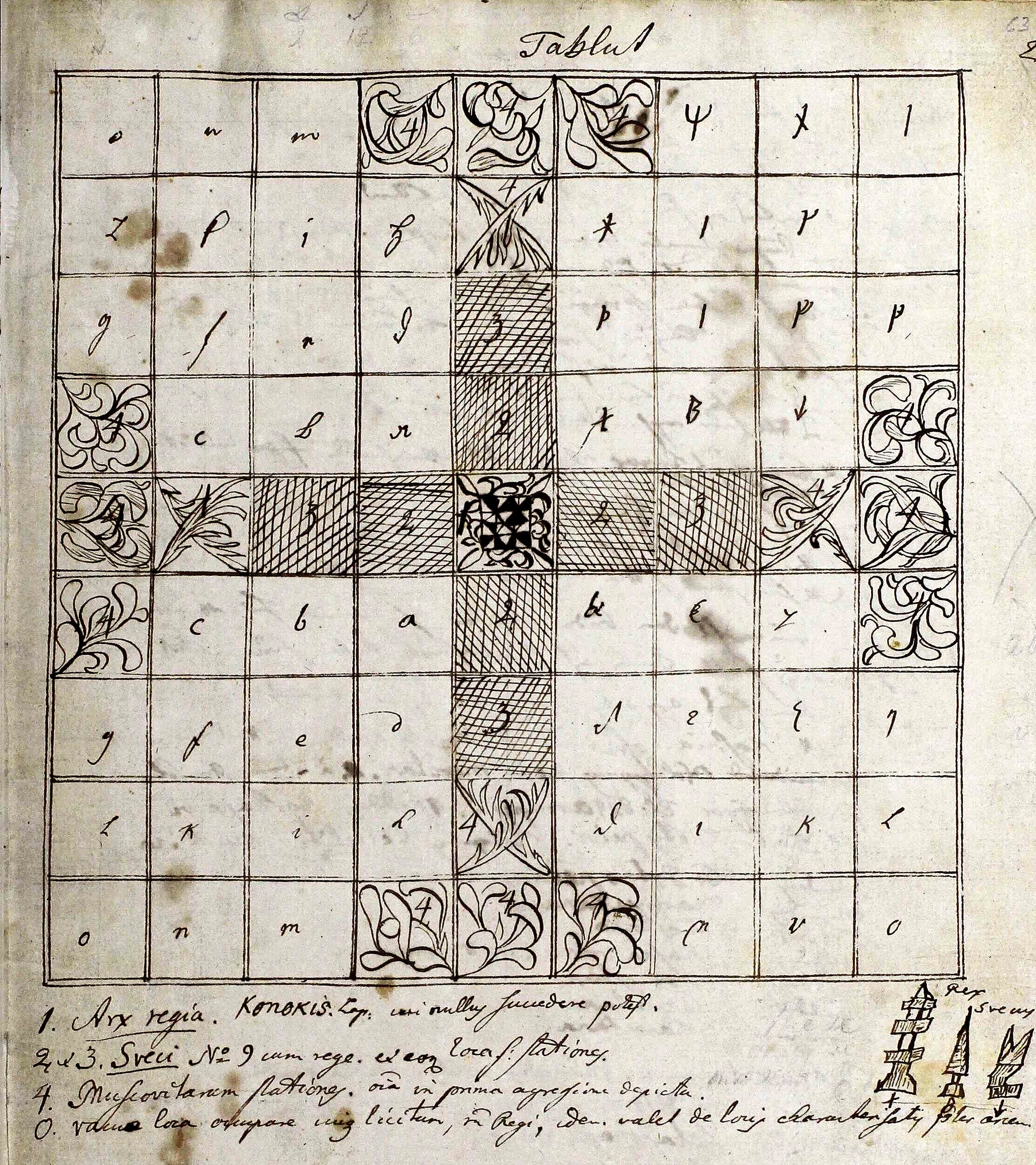
 It’s clear as day you’ve been feeling all at sea lately, but don’t give up hope. If you can’t find your inner compass to guide you to shore, trust in an outer one. Somebody will shine a light on things for you and you’ll know which way to steer.
It’s clear as day you’ve been feeling all at sea lately, but don’t give up hope. If you can’t find your inner compass to guide you to shore, trust in an outer one. Somebody will shine a light on things for you and you’ll know which way to steer.
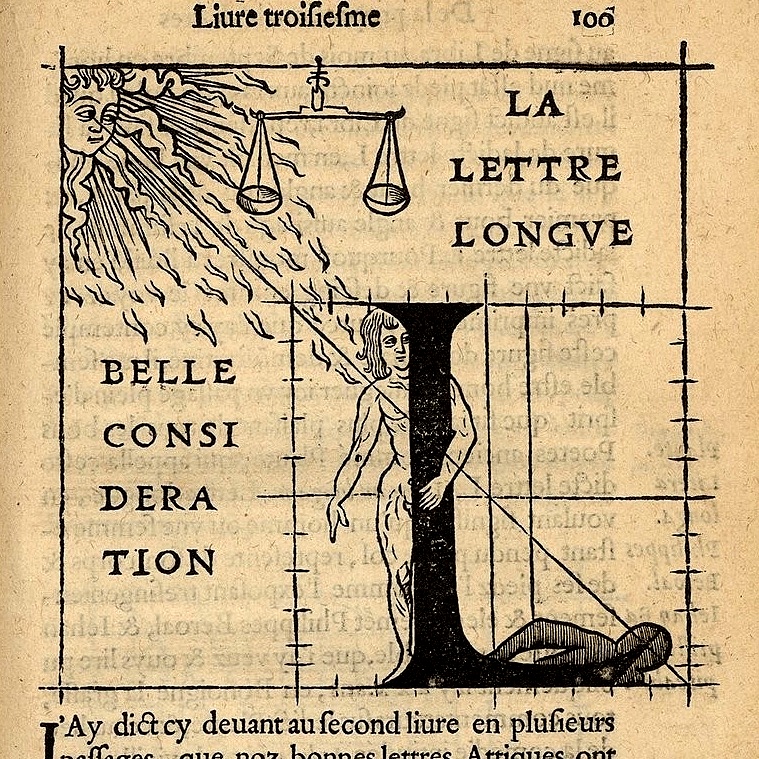
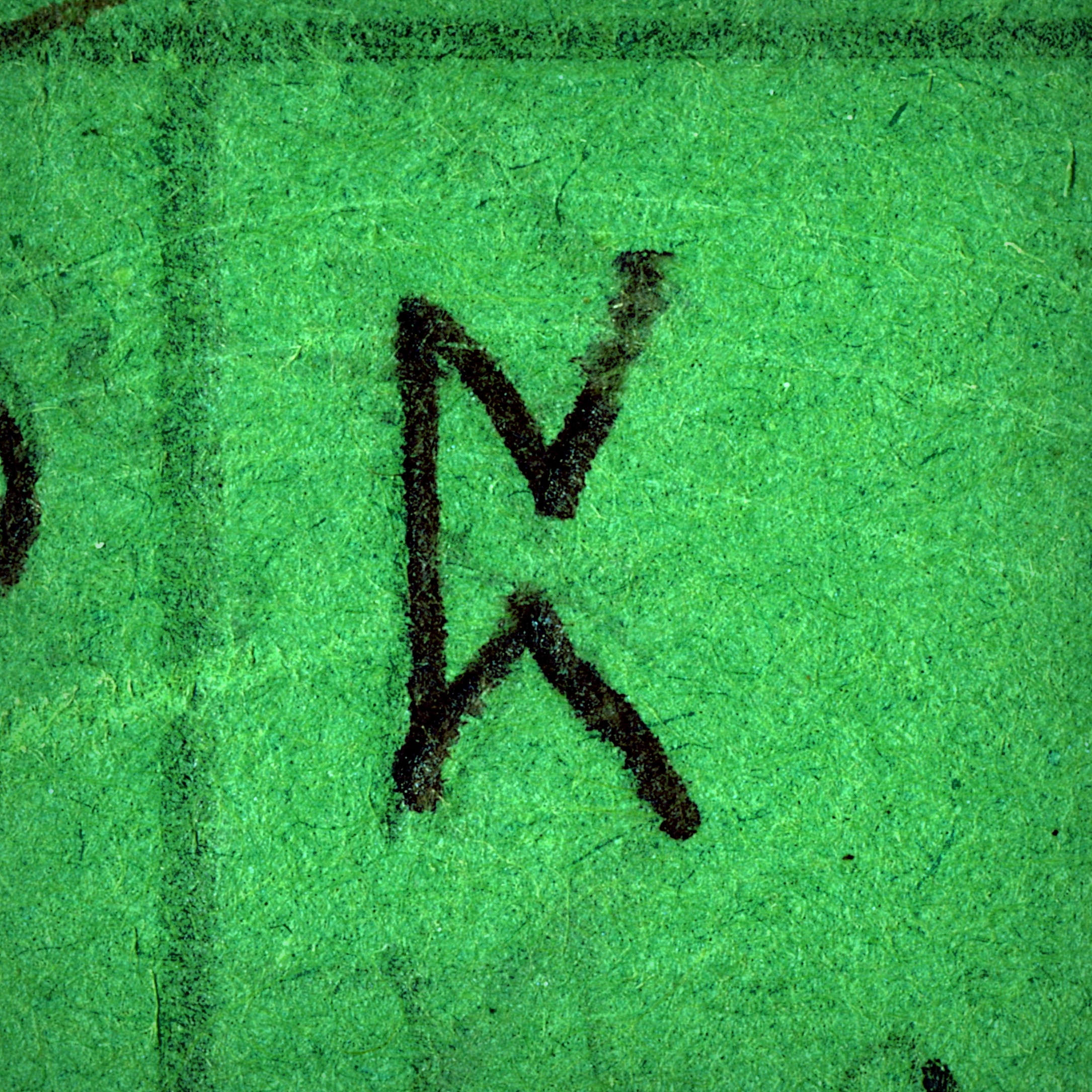 Voiceless bilabial stop. Send air through your mouth, now stop it, now start. If you vibrate your vocal cords you make a B. This is not that, keep your larynx still and put a little extra air into it. Perfect.
Voiceless bilabial stop. Send air through your mouth, now stop it, now start. If you vibrate your vocal cords you make a B. This is not that, keep your larynx still and put a little extra air into it. Perfect.
Carve a line down. Now carve a bent line at the top. Mirror that line on the bottom, make a cup on its side. You can put dice in it or a drink, it’s a toss up. Don’t spill.
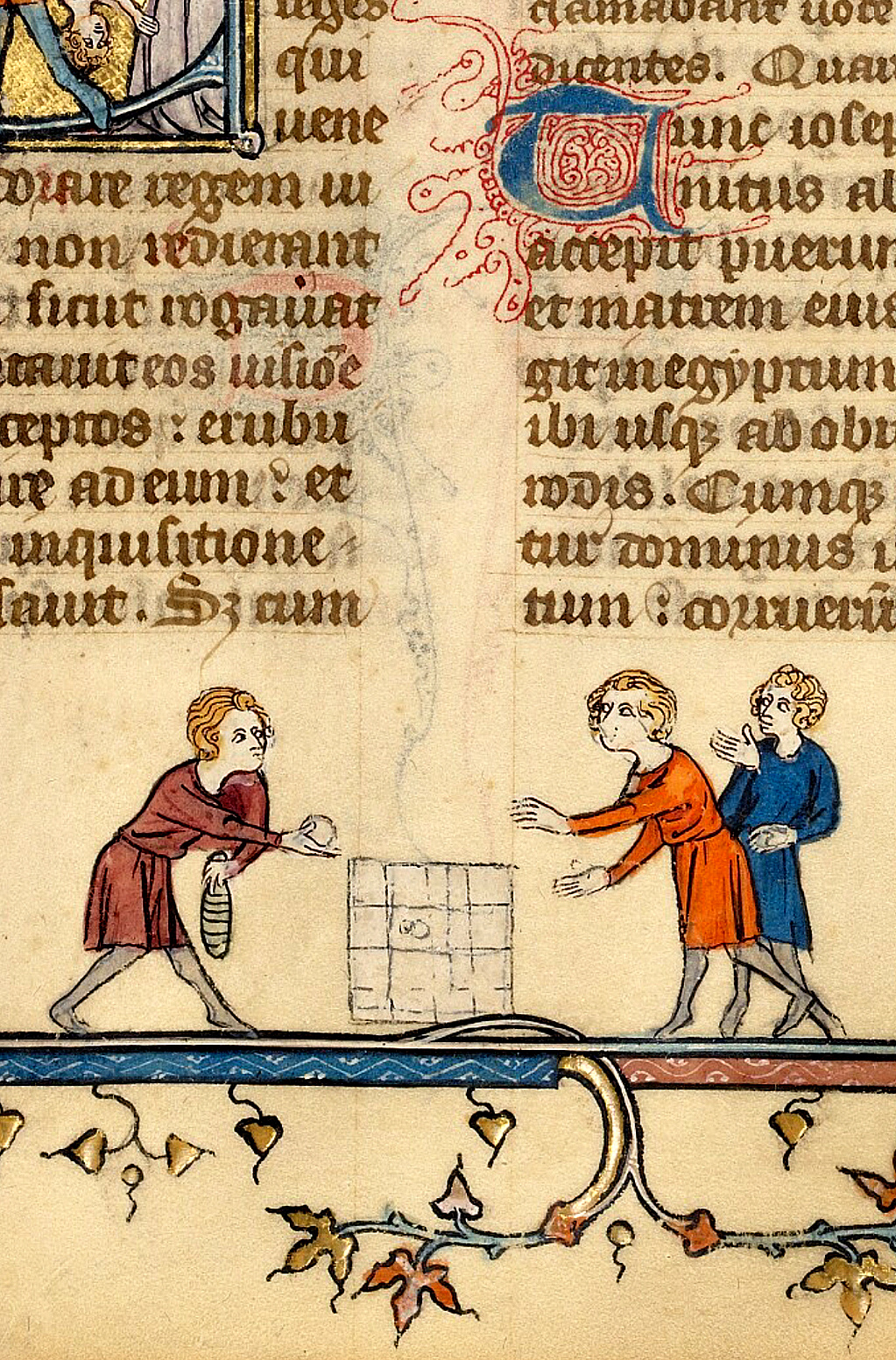
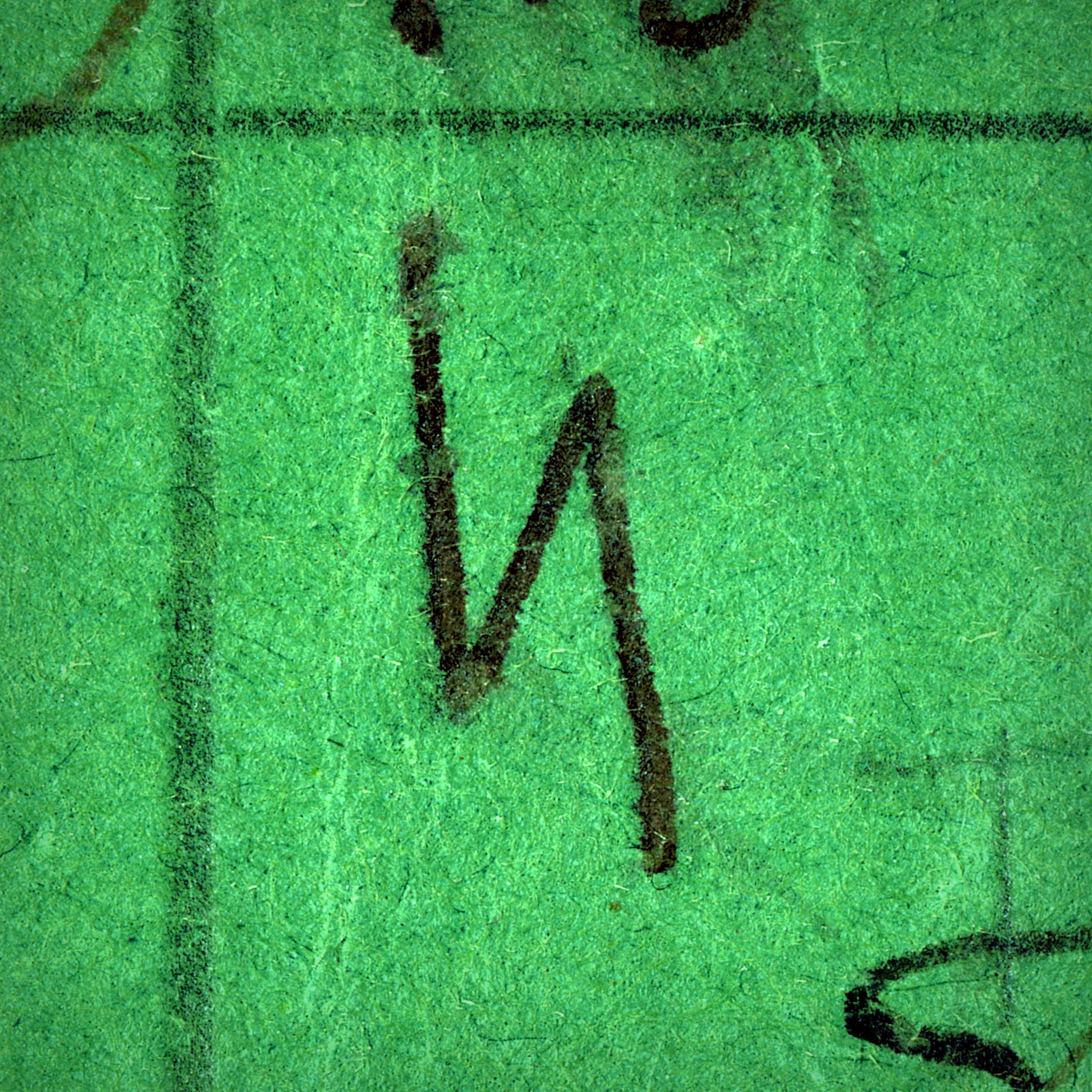 Alveolar voiceless spirant. Send air into your mouth, almost closed, then slip it out sibilantly. See? Splendid.
Alveolar voiceless spirant. Send air into your mouth, almost closed, then slip it out sibilantly. See? Splendid.
Carve a line down, change your mind and go back up, no, go down again.
